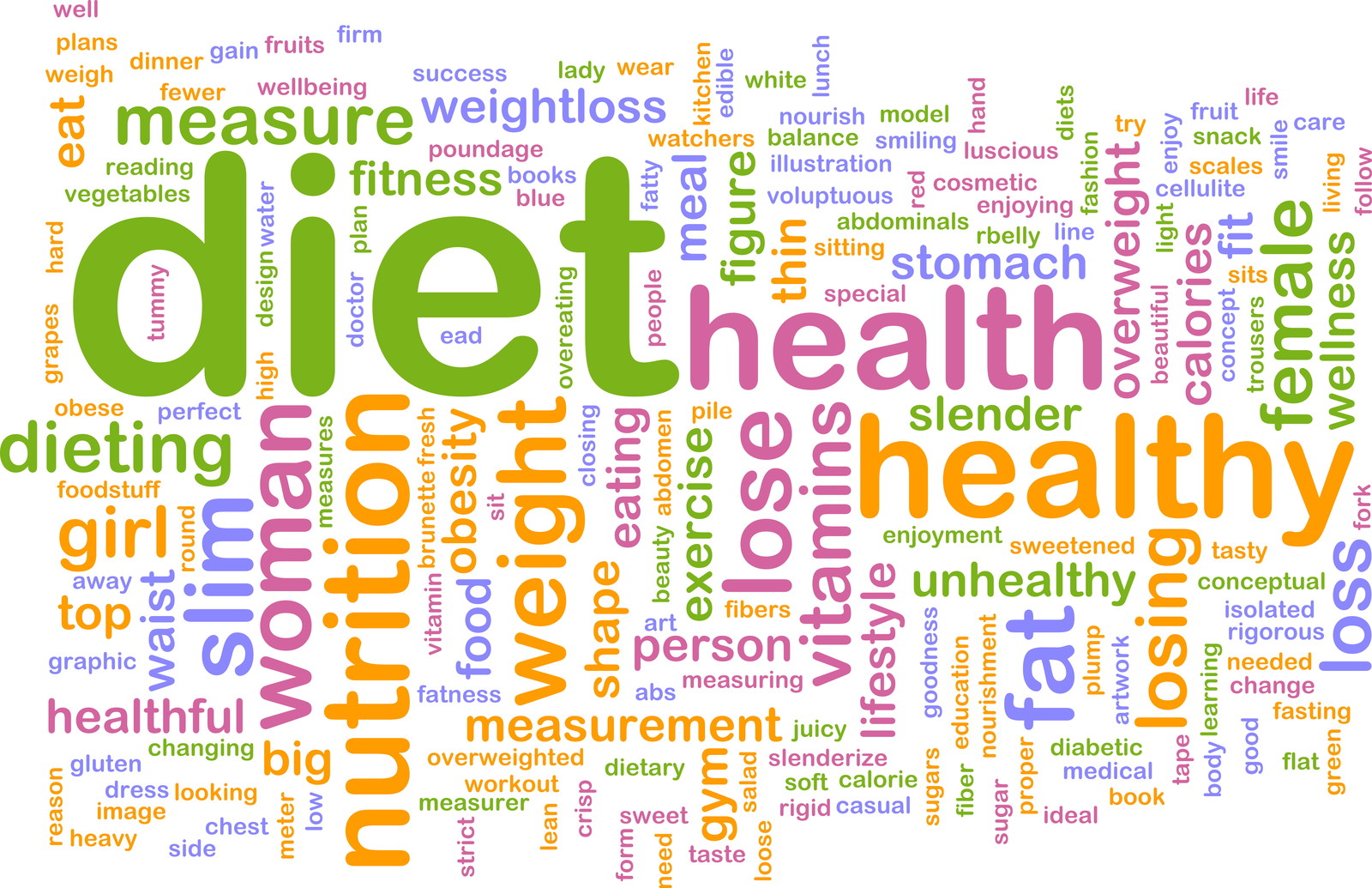[ad_1]
Many people who diet and exercise still have trouble losing weight. What most people do not realize is that their diet, though low in calories, will not create significant weight loss. The problem is that most diets, even the diet pyramid developed by the US Department of Agriculture, tend to be low in fat but high in carbs. Unfortunately as we age, our body becomes more resistant to high carbs and stores them as fat.
Keep in mind that there are two types of carbs. The first is simple carbs, which should always be avoided. Simple carbs comes in the form of sugar, white, bleach or refined flour and other assorted junk foods.
Complex carbs are known as good carbs and come in the form of vegetables, fruits, beans, brown rice, oats and whole grain. These foods are good for us because they are nutritious, high in fiber, and reduce cholesterol, so all carbs are not bad.
The problems with most diets are three fold:
1. Too much hidden sugar.
2. Breads, pasta, noodles and packaged foods which usually come in form of bleach or refined flour and do not be fooled by wheat bread. The label must specify whole grain.
3. Too many Complex carbs (the good carbs).
Complex carbs are a great energy source because it gradually raises blood sugar instead of the sudden peak and crash that happens with simple carbs. Complex carbs feed muscle and brain cells and are necessary as part of the body's nutritional need.
However, as we get older, our body tend to store fat more efficiently. This is probably because of poor dietary habits over a life-time. Most people eat too many carbs and the body learns to store it as excess energy better know as FAT.
Many people over 35 are "carb sensitive" and can not even lose weight on a 1300 calorie a day diet. So the way to defeat the body's inclation to store fat is to give it less carbs towards the late afternoon and increase the intake of lean protein.
You can easily lose weight on 2100 daily calories of reduce carbs and higher protein and NOT LOSE a pound on a 1200 calorie low fat, high carb diet.
So what is the bottom line if you're one of those "carb sensitive" people who can not lose weight on a typical low calorie, high carb diet? Here's the secret.
1. The only carb you should eat after 4 pm is from non-starch vegetables. In other words, reduce your overall carb intake after 4 pm to 20 grams or less.
2. Reduce your total carb intake to 100 grams or less, eating most of your carbs in the morning and early afternoon where you typically need more energy.
3. Other than vegetables, avoid eating carbs in the evening because your body will turn those excess carbs, into stored energy or fat as you prepare for bed. Energy demands are not usually very high in the evening and sleeping hours.
4. The bulk of your carbohydrates consumption should come from complex carbohydrates such as:
* Oats
* Brown rice
* Wild rice
* Barley
* Sweet potatoes
* Legumes
5. Eat frequent, small meals to maintain stable blood sugar which promotes increase fat burn. Plan to eat every 3 hours. You can have small between meal snacks such as nuts, protein shakes, beans mixed with ground turkey or lean beef, salads, chicken breast.
6. Lunch and dinner should consist of lean protein with 2 vegetables. Sweet potato is an excellent early mid day vegetable along with a lean protein such as chicken breast, turkey, roast pork loins, lean pork chops, lean turkey or beef patty with no bread. Avoid sweet potato or any starchy vegetable after 4 pm.
7. Never skip breakfast. Start the day with oatmeal or with a whole grain cereal. Egg whites or egg substitute make a good protein source in the morning.
8. If you have to snack in the late evening, snack on a protein source which does not convert to sugar as easily as carb sources. Deli lunch meat, protein shake, At Atkins protein bar or even sugar free jello (no carbs) makes a good late night snack if you get the urge.
9. Get started today by writing down your meal plan or go to reputable websites like the Diet Forum to get a good plan.
Keep in mind that bodybuilders do not have trouble losing body fat and it's not because they work out all the time. Their secret is diet. Months before a contest, they reduce carbs take but still eat plenty of protein to build muscle. Bodybuilders also eat the majority of their carbs before mid afternoon. They avoid bread, pasta, sugar products and white flour like the plague and can lose 20 to 30 pounds of unwanted fat in less than 12 weeks.
You do not have to be a bodybuilder to lose weight but you should think like one. Follow the suggestions above and watch the fat melt from your body.
[ad_2]
Source by Dan Burley
